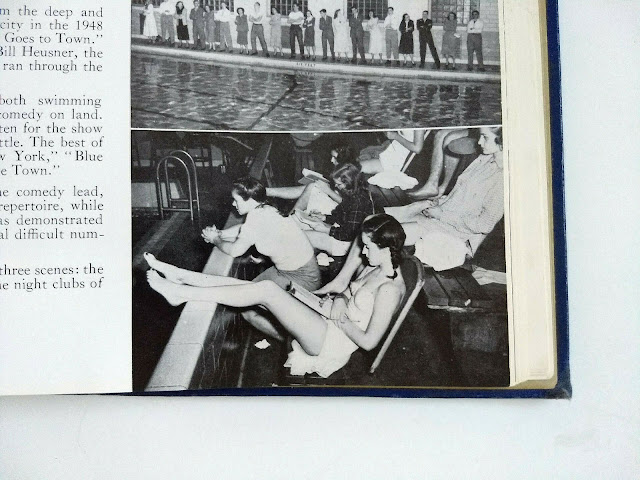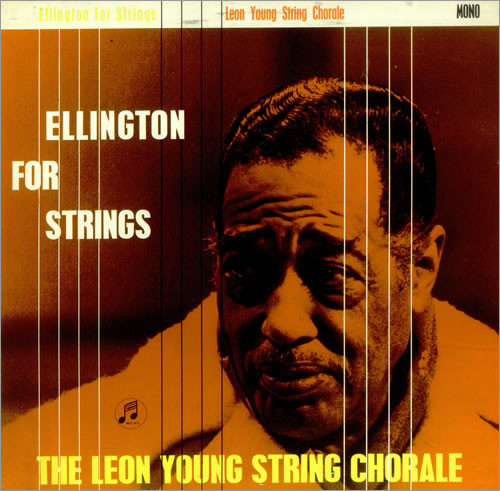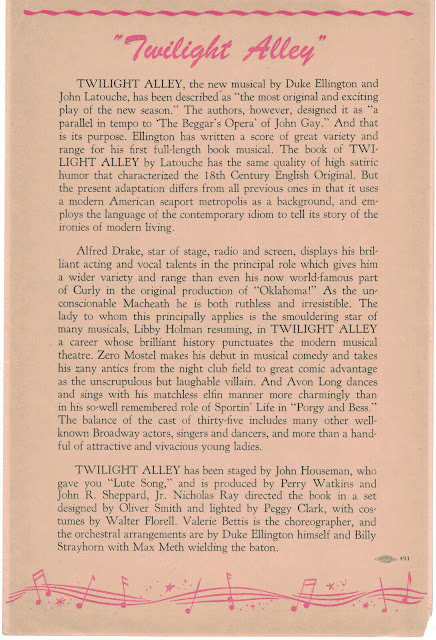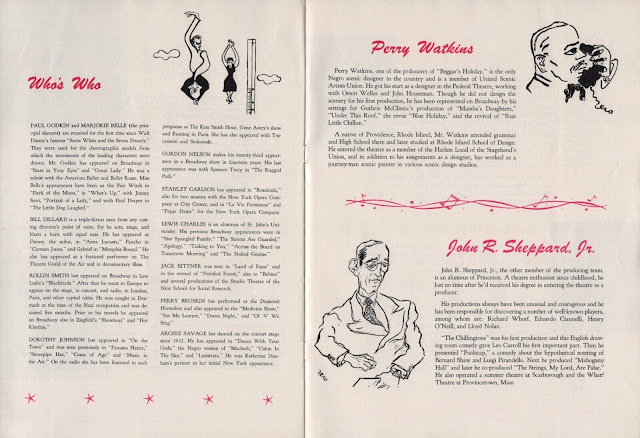April 29
7:00 PM CET Ulf Lundin and Bo Haufman (SE)
Welcome to Ellington 2021
7:10 PM CET Invited keynote speaker: Dr. John E. Haase (U.S.)
Unmasking Ellington: How The Smithsonian Opened His Massive Archive
7:40 PM CET Leila Olivesi (FR)
Ellington's Piano Performances : A Laboratory for Composition
8:25PM CET Music Break 10 min
8:35PM CET Samantha Wright (UK)
Ellington’s Clarinet Players
9:20 PM CET Bent Persson (SE)
Kustbandet - 60 Years With Duke Ellington
May 3
7:00PM CET David Berger (U.S.)
Flaming Youth: Ellington’s 1920s compositions
8:00PM CET Music Break 10 min
8:10PM CET David Berger Q&A
8:30PM CET Ken Steiner (U.S.A)
Never-issued rarities from Steven Lasker's collection.
9:10PM CET Marilyn Lester (U.S.A)
Duke Ellington and The Great American Songbook
9:50PM CET End of Day Music 15 min
May 5
7:00PM CET Loren Schoenberg (U.S.A)
Truly Wonderful: The Lesser-Known Ellington Small Band Recordings, 1936-1941
7:45PM CET Brian Priestley (UK)
Ellington and the Sound of Africa
8:30PM CET Music Break 15 min
8:45PM CET Michael Kilpatrick (UK)
The New Ellington of the 1930s: Identifying and Hearing The Manuscripts
9: 30PM CET Laurent Mignard Duke Orchestra (FR)
Performing Duke Ellington today - From Ellington French Touch To Duke's Ladies
May 7
7:00PM CET Steve Bowie (U.S.A) 45 min
Cootie Williams - The Bandleader Years 1942-1962
7:45PM CET Music Break 10 min
7:55PM CET Jan Bruér (SE)
Otto – Hotter Than Sweet (preliminary title)
8:40PM CET Music Break
8:50PM CET Jack Chambers (CAN)
Figuring It Out. Working With Ellington 1969-1973
9:35PM CET Invited closing address speaker Dr. Matthias Heyman (BE)
Are You Stickin’ (Around)?: Ellington in the 21st Century
Registration Details here.

































